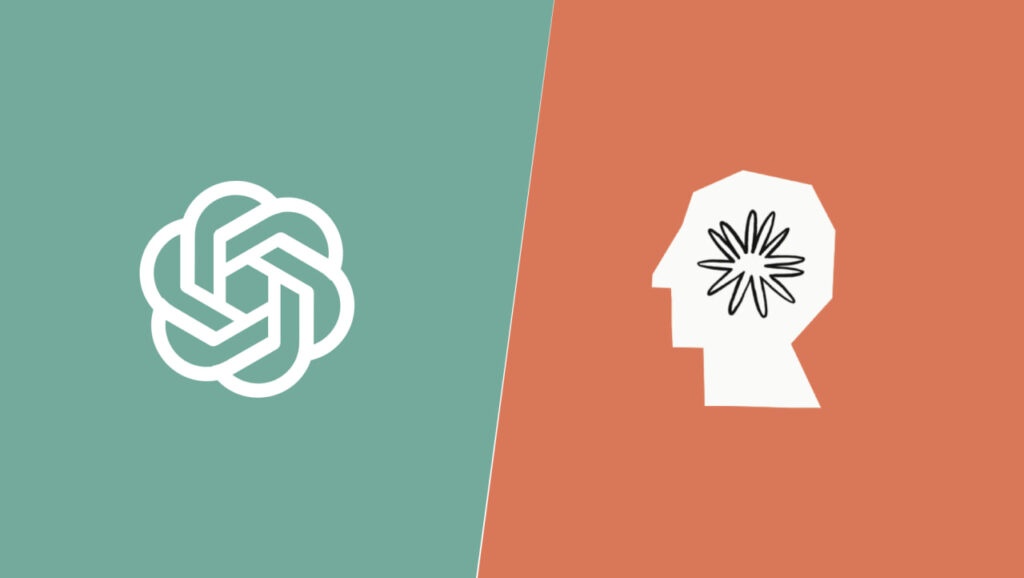In the rapidly evolving world of AI, two names consistently stand out: Anthropic’s Claude and OpenAI’s ChatGPT. As we move further into 2025, businesses, developers, and content creators are looking for the AI assistant that best fits their requirements. In this post, we break down the key differences—token limits, multimodal capabilities, pricing models, and response speed—with real-world benchmarks and detailed comparison charts to help you decide which tool is right for you.
Table of Contents
1. Overview: Claude vs. ChatGPT
Both Claude and ChatGPT are cutting-edge conversational AI tools, but they serve slightly different purposes:
- Claude emphasizes ethical AI design, safety, and the ability to process extensive text (with very large token windows), making it ideal for data-heavy and compliance-driven applications.
- ChatGPT focuses on versatility, multimodal interaction, and creative capabilities, which makes it a favorite for dynamic tasks ranging from creative writing to coding.
By examining these differences in detail, you’ll be better equipped to choose the best solution for your use case.
2. Token Limits & Context Windows
One of the critical factors in choosing an AI assistant is the token limit and context window. These determine how much information the model can process in one go.
| Feature | Claude | ChatGPT |
|---|---|---|
| Token Limit | Up to 200,000 tokens (≈150,000 words) | Up to 128,000 tokens (≈96,000 words) |
| Ideal For | Large documents, detailed analysis, legal texts | Dynamic conversation, creative tasks |
Compression Table 1 – Token Context Comparison:
Claude’s expansive token limit allows it to handle very long documents with ease, while ChatGPT’s limit is still impressive for most interactive and creative uses.
3. Multimodal Features
Multimodal capabilities determine whether an AI can interact beyond text—integrating images, audio, or video into the experience.
| Capability | Claude | ChatGPT |
|---|---|---|
| Image Generation | Not supported | Supported via DALL·E integration |
| Voice Interaction | Limited (text-centric focus) | Supports voice inputs and conversational audio |
| Video Processing | Not available | Basic video-related functionalities |
Compression Table 2 – Multimodal Capabilities:
While ChatGPT provides a robust set of multimodal features, including image and voice processing, Claude focuses on delivering top-tier text-based and coding performance.
4. Pricing Models & API Costs
Cost is an important factor for both individual users and enterprise integrations. Here’s how the two compare:
| Plan/Feature | Claude | ChatGPT |
|---|---|---|
| Subscription Cost | $20/month for Claude Pro | $20/month for ChatGPT Plus |
| API Pricing (Input) | ~$3 per 1M tokens (Claude 3.5 Sonnet) | ~$5 per 1M tokens (GPT-4o) |
| API Pricing (Output) | ~$15 per 1M tokens (Claude 3.5 Sonnet) | ~$15 per 1M tokens (GPT-4o) |
Compression Table 3 – Cost & API Pricing:
Claude tends to be more affordable for high-volume input processing, while both platforms have similar subscription fees.
5. Response Speed & Performance Benchmarks
Performance and speed are essential, particularly in real-time applications:
| Aspect | Claude | ChatGPT |
|---|---|---|
| Response Speed | Slightly slower due to complex safety protocols | Faster response times, optimized for speed |
| Real-World Benchmark | Excels in detailed analysis and coding tasks | Great for interactive, creative, and rapid responses |
Compression Table 4 – Response Speed:
ChatGPT is optimized for speed in conversation, whereas Claude’s additional safety measures can lead to a slight delay, which is often a worthy trade-off for enhanced accuracy in technical tasks.
6. Side-by-Side Comparison Chart
For a quick overview, refer to this consolidated table:
| Feature | Claude | ChatGPT |
|---|---|---|
| Token Limit | 200,000 tokens (≈150,000 words) | 128,000 tokens (≈96,000 words) |
| Multimodal | Text, coding; limited image/voice | Text, image (DALL·E), voice, basic video processing |
| Subscription | Claude Pro: $20/month | ChatGPT Plus: $20/month |
| API Pricing (Input/Output) | ~$3/$15 per 1M tokens (Claude 3.5 Sonnet) | ~$5/$15 per 1M tokens (GPT-4o) |
| Response Speed | Slightly slower (enhanced accuracy) | Faster (optimized for conversational speed) |
| Best For | Detailed analysis, coding, compliance tasks | Creative tasks, interactive conversation, multimedia |
7. Which AI Is Right for You?
- Choose Claude if:
- You need to process lengthy documents or perform detailed coding tasks.
- Safety, ethical alignment, and a large context window are top priorities.
- Your projects require in-depth technical analysis with robust error-checking.
- Choose ChatGPT if:
- You value versatility and the ability to incorporate multimodal features like images and voice.
- You need fast, interactive responses for creative brainstorming and dynamic tasks.
- Real-time information and plugin integrations are essential to your workflow.
Also read: Perplexity AI vs. Google Search: A Comprehensive Comparison
Conclusion
Both Claude and ChatGPT offer impressive capabilities in 2025, yet they cater to different needs. Claude’s strength in handling extensive data and its safety-first design make it ideal for technical and compliance-focused environments. Meanwhile, ChatGPT’s speed, creative flexibility, and multimodal support position it as the go-to option for dynamic, interactive tasks.
Your choice will ultimately depend on your specific requirements—whether it’s the deep analytical power of Claude or the rapid, versatile responses of ChatGPT. As AI continues to evolve, staying informed about these differences will help you leverage the best tools available.
